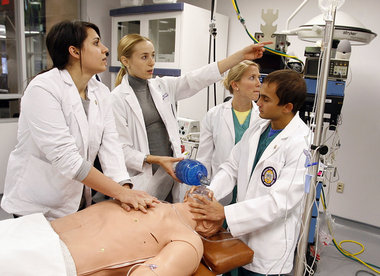
Data analysis will use a realist logic of analysis to describe and explain what works, for whom, in what circumstances, in what respects, how and why to improve antimicrobial prescribing behaviour of doctors in training.Ī post-antibiotic era-in which common infections and minor injuries can kill-far from being an apocalyptic fantasy, is instead a very real possibility for the 21st century-Dr Keiji Fukuda, World Health Organisation (WHO) Assistant Director-General (1).Īntimicrobial resistance (AMR) is the ability of microorganisms that cause disease to withstand attack by antimicrobial medicines. Our review will iteratively progress through 5 steps: step 1-Locate existing theories step 2-Search for evidence step 3-Article selection step 4-Extracting and organising data and step 5-Synthesising the evidence and drawing conclusions. Interventions to improve antimicrobial prescribing behaviours are complex-they are context dependent, have long implementation chains, multiple non-linear interactions, emergence and depend on human agency.

We will synthesise the literature using the realist review approach-a form of theory-driven interpretive systematic review approach often used to make sense of complex interventions.


We will recruit a project stakeholder group to advise us throughout. Methods and analysis Our project aims to understand how interventions to change antimicrobial prescribing behaviours of doctors in training produce their effects.


 0 kommentar(er)
0 kommentar(er)
